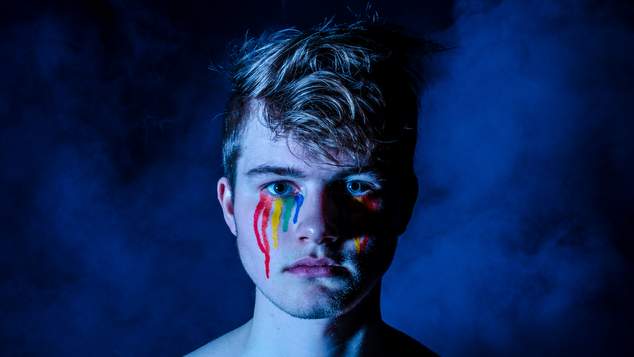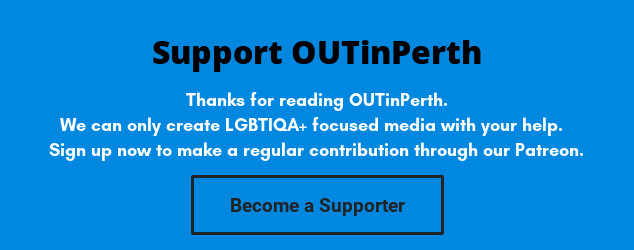
A new survey shows a national ban on conversion therapy is the top priority for LGBTIQ+ Australians ahead of the next federal election.
The survey was initiated by advocate group just.equal and the Parent’s and Friends of Lesbians and Gays (PFLAG). The research was conducted by social science researcher, Dr Sharon Dane, in a private capacity.
More than 2,500 participants were given a range of options for law and policy reform and were asked to rank each in order of priority with conversion therapy receiving the highest ranking of 3.48 out of 4.
Other priorities for LGBTIQ+ people included funding to improve LGBTIQ+ safety in schools (ranked 3.44 out of 4), a national LGBTIQ+ suicide and mental health strategy (ranked 6.44 out of 7) and better protections for LGBTIQ+ refugees (ranked 2.53 out of 3).
Just.equal spokesperson, Rodney Croome said his organisations would be highlighting these priorities to political parties across the spectrum.
“We will be taking the priorities from this survey to all candidates and parties at the next election seeking their commitment to real change for LGBTIQ+ Australians.”
“The fact LGBTIQ+ people have themselves selected these priorities give us the strongest mandate possible for the election commitments we will seek.”
“Just.equal and PFLAG have a commitment to going to the LGBTIQ+ community when important decisions need to be made, and basing our law and policy reform agenda on what LGBTIQ+ Australians tell us.” Croome said.
PFLAG national spokesperson, Shelley Argent, said it was imortant the politicians realised that marriage equality was not the end of ensuring equality for LGBTIQ people.
“The political parties need to know that just because we have marriage equality, it doesn’t mean LGBTIQ+ people have full and equal rights. Many LGBTIQ+ people fear their rights will be taken away which makes it all the more important to highlight what still needs to be done.”
Chris Csabs is an advocate who has spoken out against conversion therapy practices. The change.org petition which he started has attracted 42,000 signatures to ban the practice. Csabs said he was pleased the issue was at the top of people’s concerns.
“I’m pleased to see such a high level of concern about conversion therapy among LGBTIQ+ Australians.”
“But the problem is broader than just therapies in a medical context and we want to see a public health campaign against the whole idea that LGBTIQ+ people are ‘broken’.”
The results of the report have been welcomed by both the ALP and the Greens. Labor’s federal Equality Spokesperson, Terri Butler, said her party would be looking into the concerns people raised.
“I thank just.equal and PFLAG for their survey and will make sure the results help inform Labor’s LGBTIQ+ election platform.” Butler said.
Australian Greens’ leader, Richard Di Natale, said the results would be a factor in the Greens policy development moving forward.
“The Greens welcome the findings of this survey and we will factor this in to our LGBTIQ+ policy making ahead of the next federal election.” Di Natale said.
When asked about representation, survey respondents said their priorities are establishing liaison groups in federal government departments, better funding for existing advocacy organisations, and better representation for minority identity groups and smaller states.
Transgender respondents put Medicare funding for gender transition as their top priority and intersex respondents opted for a ban on unnecessary medical procedures.
Respondents also indicated support for human rights protections to be entrenched in the Constitution rather than simply in legislation.
The responses of those non-LGBTIQ+ people who took the survey were generally consistent with the responses of LGBTIQ+ people, except on the issue of law reform.
Non-LGBTIQ+ people indicated that equality for LGBTIQ+ families is their first priority, whereas they ranked a ban on conversion therapy second.
Respondents to the survey were spread roughly proportionally across important demographics including gender, age and place of residence.
OIP Staff Image: Christian Sterk





